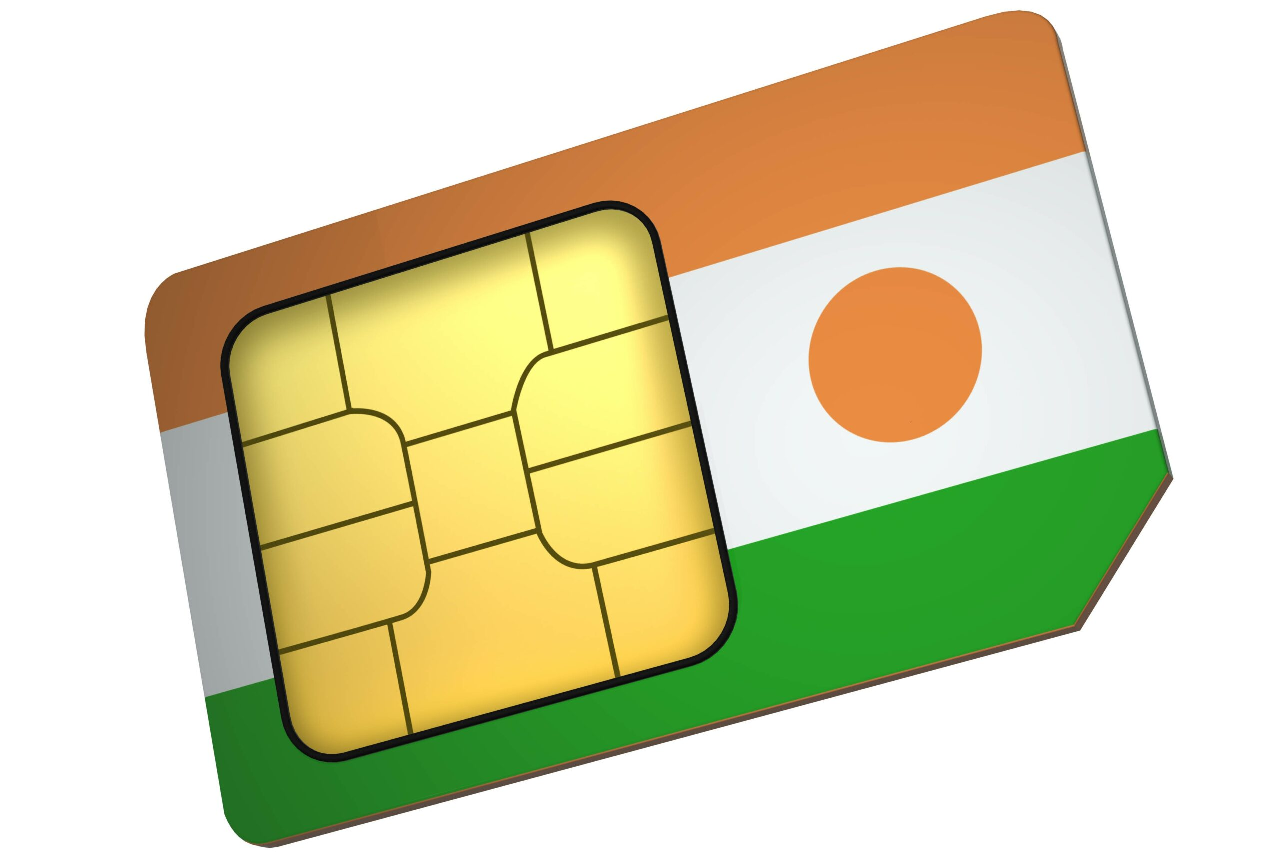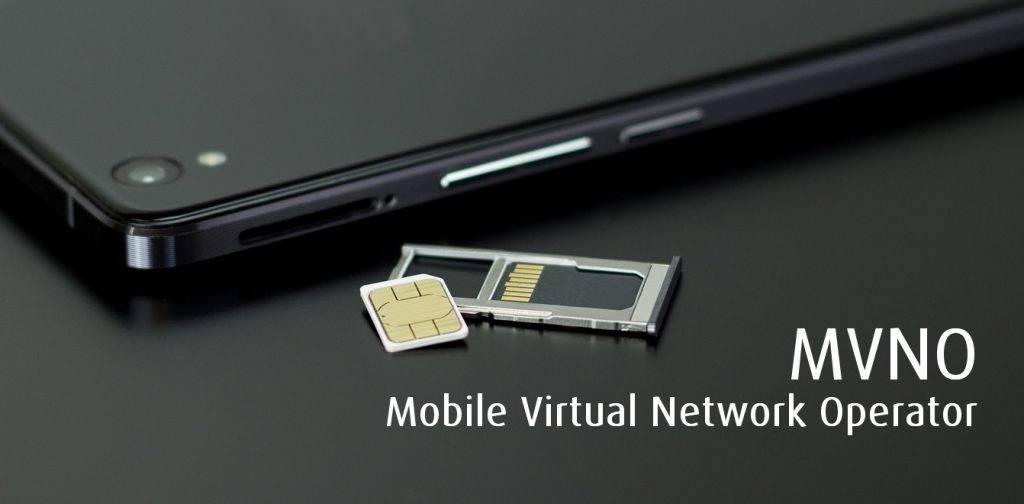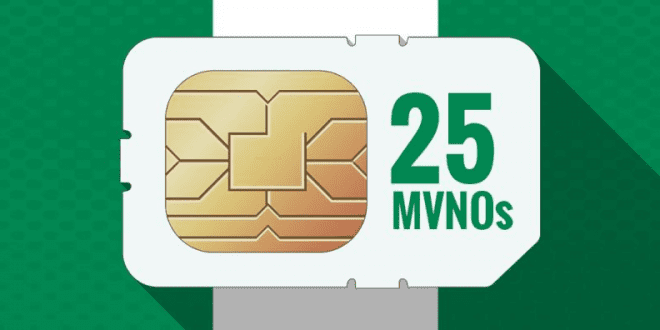Launch of MVNOs after Nigeria granting 25 licences
Nigeria, one of Africa’s largest economies and telecommunications markets, is set to witness the launch of Mobile Virtual Network Operators (MVNOs) following the granting of 25 MVNO licenses by the Nigerian Communications Commission (NCC). This development marks a significant milestone in the country’s telecommunications industry, opening up new possibilities for competition, innovation, and enhanced services for Nigerian consumers.
The decision to grant MVNO licenses in Nigeria is driven by several factors
- Market Potential: Nigeria has a large population with a growing demand for telecommunications services. By introducing MVNOs, the market is expected to become more competitive, leading to improved service offerings, increased affordability, and better coverage options for consumers.
- Increasing Mobile Penetration: Mobile penetration in Nigeria has been steadily rising, with a significant number of people still underserved or unserved by traditional Mobile Network Operators (MNOs). MVNOs can address this gap by targeting niche markets, specific demographics, or underserved areas, providing tailored services to meet the unique needs of these segments.
- Promoting Innovation: The introduction of MVNOs in Nigeria is likely to stimulate innovation and drive the adoption of new technologies. MVNOs can bring fresh ideas, business models, and service offerings to the market, pushing MNOs to innovate and adapt to changing consumer demands.
- Boosting Economic Growth: The licensing of MVNOs has the potential to attract foreign investments, create job opportunities, and contribute to the overall growth of the Nigerian economy. It promotes entrepreneurship and encourages competition, fostering a vibrant and dynamic telecommunications sector.

With the granting of 25 MVNO licenses, Nigeria is poised to witness a wave of new market entrants and increased competition. This is expected to bring about several benefits, including
- Enhanced Service Offerings: MVNOs typically differentiate themselves by providing specialized services and targeting specific customer segments. Nigerian consumers can expect a broader range of service options, such as data-centric plans, value-added services, and innovative solutions tailored to their needs.
- Competitive Pricing: The entry of MVNOs into the market is likely to introduce competitive pricing, challenging existing pricing structures and driving down costs. This can result in more affordable mobile services for Nigerian consumers, stimulating increased mobile usage and penetration.
- Niche Market Focus: MVNOs often cater to niche markets, addressing specific customer requirements that may be overlooked by larger MNOs. This could include tailored plans for young professionals, students, rural communities, or specific industries, ensuring that underserved segments of the population have access to suitable and affordable communication services.
- Improved Customer Experience: The presence of MVNOs will compel MNOs to prioritize customer experience and satisfaction. Increased competition will lead to improved network quality, customer service, and innovative offerings as MNOs strive to retain their market share.
However, there are also challenges that MVNOs operating in Nigeria may face
- Network Infrastructure: MVNOs rely on partnering with existing MNOs for network infrastructure and coverage. Ensuring robust and reliable network access from MNO partners will be crucial for MVNOs to deliver satisfactory services to their customers.
- Brand Awareness and Trust: Launching a successful MVNO requires building brand recognition and establishing trust among Nigerian consumers. MVNOs will need to invest in marketing, advertising, and customer education to raise awareness of their services and differentiate themselves from existing players.
- Regulatory Compliance: Compliance with regulatory requirements and licensing agreements set by the NCC is essential for MVNOs to operate legally and maintain a level playing field. Adhering to guidelines related to customer data privacy, network security, and fair competition will be paramount.
In conclusion, the granting of 25 MVNO licenses in Nigeria marks an important milestone for the country’s telecommunications industry. This move is expected to introduce increased competition, innovative service offerings, and improved affordability for Nigerian consumers. The successful launch and operation of MVNOs will depend on factors such as network infrastructure partnerships, brand building, regulatory compliance, and delivering exceptional customer experiences.
By Abdul W Moghul
 MVNO MVNE MNO Mobile & Telecoms industry intelligence Telecoms Jobs, News and Business
MVNO MVNE MNO Mobile & Telecoms industry intelligence Telecoms Jobs, News and Business






